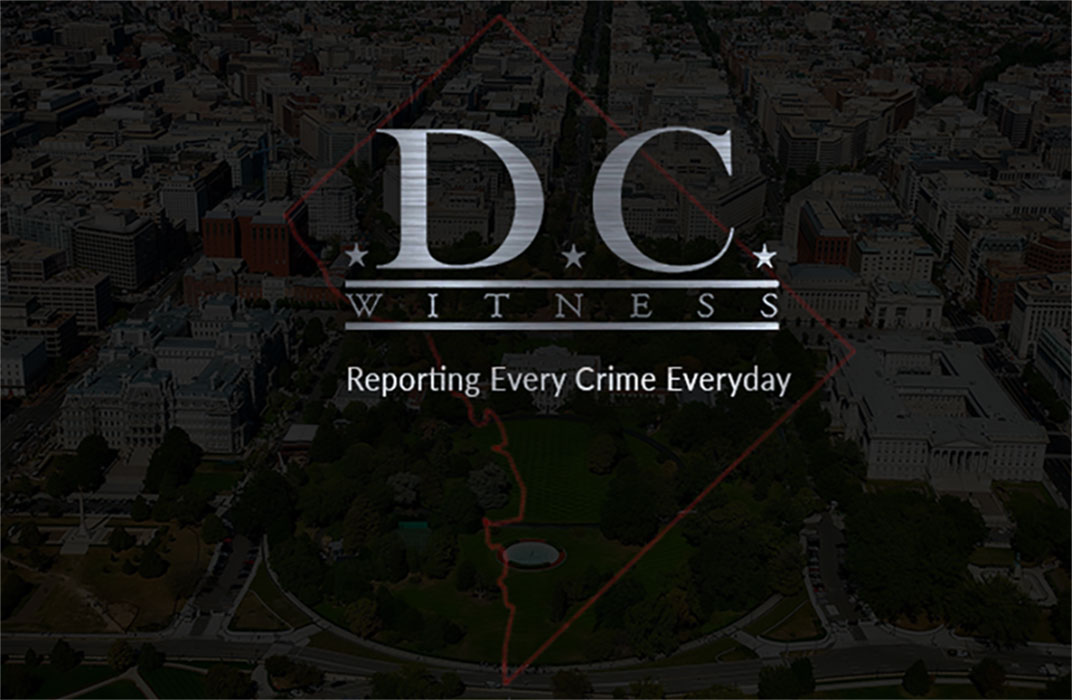
Thank you for reading D.C. Witness. Help us continue our mission into 2024.
Donate NowBy
Jeff Levine
- April 29, 2024
Daily Stories
|
Data
|
Featured
|
While carjackings have tripled in recent years and remain a “real threat,” says a source in the US Attorney’s office, most offenders don’t get caught. For the relatively few that are charged, conviction rates differ significantly and prosecutions can drag on for years, according to a D.C. Witness review of the data.
Out of 2,227 total carjacking offenses documented by the Metropolitan Police Department (MPD) from 2020 through 2023, 607 or just 27 percent end with an arrest or are closed for other reasons.
Only a fraction of these incidents resulted in convictions for adults while juvenile prosecutions seem more effective. according to D.C. Witness data and findings from the DC Sentencing Commission.
Though violent carjackings are rare, they do happen with consequences that one DC official called “horrifying.”
- Two people were shot to death in a brazen carjacking that started near the city’s convention center on Jan. 29 and ended with the suspect killed by police in Maryland the following day.
- A 15-year-old boy was charged for his alleged involvement in a carjacking and non-fatal shooting incident on Jan. 12.
- Near the DC court complex, a 12-year-old boy was allegedly connected to a carjacking that ended in the shooting death of 13-year-old Vernard Toney Jr., on Oct. 28, 2023.
According to the MPD, between 2020 to March of this year, there were 569 actual carjacking arrests, 360 or 63 percent of which were minors between the ages of 12 and 17 years old.
Juvenile carjackings are handled by the Office of the DC Attorney General, which last year prosecuted 186 cases with an overall conviction rate of about 80 percent.
“Our office prosecutes every serious, violent case where we have enough evidence to do so. We don’t shy away from difficult cases, and we make sure that kids face consequences when they break the law and that victims see justice,” OAG spokesman Gabriel Shoglow-Rubinestein tells D.C. Witness.
As of March 31, according to the MPD, there have been 124 carjackings offenses so far in 2024, of which 66 percent were armed and 52 cases closed. That’s a 21 percent decline in carjackings from last year.
While the number is down this year, carjacking crimes have ballooned from 360 in 2020 to 958 in 2023, nearly a three-fold increase. According to the MPD, three-quarters of these crimes involve a gun, though only a handful end in shootings or homicides.
For those who are arrested, there is often a long road to conviction or acquittal. A DC Jail spokesman tells D.C. Witness 57 individuals are currently being held on carjacking charges.
The MPD says that between 2020 and 2023 there were 1661 armed carjackings.
D.C. Witness data for the same period shows out of 17 suspects in shooting-involved carjackings, there were nine convictions (53 percent) and one dismissal in the three years. For the five accused of homicide during a carjacking, there were two convictions (40 percent).
Data from the DC Sentencing Commission, which tracks adult arrest to sentencing trends shows in 2022 there were 45 adult arrests that included a carjacking charge.
Of those, 33 or 73 percent were sent to court for prosecution. In the end, 69 percent or 29 cases ended in a conviction.
Yet, only 24 percent (seven of 29 cases) resulted in a specific carjacking conviction.
The sentencing commission says that between 2016 and 2020, the average term for all armed carjackings was 180 months, or 15 years.
According to D.C. Witness data, the average sentence for homicides that stemmed from carjackings in 2020 to 2023 was 14 years in prison. For non-fatal shooting carjackings, the average sentence was five years.
Even though most carjackers are juveniles, it’s not immediately clear how many are tried under Title 16, which allows DC to charge them as adults. Some of these prosecutions include multiple serious crimes in addition to carjacking.
There is no simple explanation for the disconnect between carjackings and convictions, but the COVID years drastically affected the court’s operations overall.
“Due to the COVID pandemic’s effect on the criminal justice system, it is hard to draw conclusions from trends observed in 2020-2022,” Linden Fry, executive director of the commission tells D.C. Witness.
Other factors in delayed prosecution include the lag time between arrest and indictment for the most serious cases which can be nine months for the US Attorney’s Office to complete its investigation.
While more arrests is the goal, that is challenging because as DC Police Chief Pamela Smith testified before the DC City Council last December, her department is confronting the lowest staffing levels in the last five decades, down 460 personnel compared to three years ago. An MPD spokesman confirmed those numbers for D.C. Witness as of April 1.
Notifications are not yet available for this specific case. Please check back later for updates. Thank you.